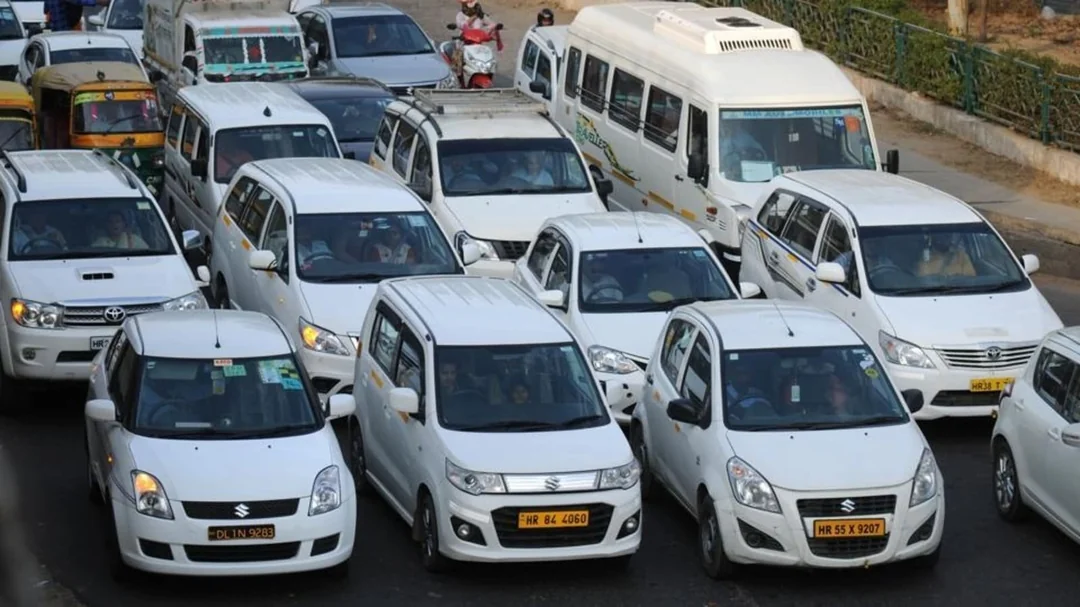In a transformative move for Bengaluru’s transport landscape, local cab drivers are shifting towards a government-regulated metered fare system to tackle high commission rates imposed by ride-hailing giants Ola and Uber. This transition, supported by Karnataka’s recent fare regulation policy, is driven by drivers who argue that the high commissions by aggregators significantly diminish their earnings. By embracing metered fares, drivers aim to retain full earnings on each ride, alleviating financial strain while providing a more predictable pricing model for passengers.
Under the newly introduced state regulation, taxis valued below ₹10 lakh have a minimum fare of ₹100 for the first four kilometres, followed by ₹24 per additional kilometre. Higher-priced vehicles command marginally elevated rates. Despite these fair pricing guidelines, drivers often find themselves struggling under the dynamic pricing and commissions enforced by app-based aggregators, which can reduce their earnings by up to 30%. For instance, a ₹600 fare often results in drivers receiving only ₹400 to ₹420 after aggregators’ cuts, eroding their income and, in turn, impacting Bengaluru’s cab market dynamics.
Brand Pride Mobility, a local enterprise led by its CEO, is at the forefront of the commission-free model, supporting approximately 200 cab drivers ready to transition to metered taxis. The company is actively collaborating with meter suppliers to provide the devices at subsidised rates, simplifying the switch to metered cabs for drivers. This initiative allows cab drivers to operate without intermediary fees, offering a model where drivers benefit from consistent earnings in line with government-set fare standards. The company’s efforts reflect a commitment to a sustainable model that balances drivers’ financial needs and passengers’ access to affordable rides.
From a sustainability and civic angle, this shift is expected to influence Bengaluru’s ride-hailing ecosystem, which has long been dominated by app-based models. By reintroducing regulated fares, drivers are empowered to provide fairer, commission-free services, enabling passengers to make conscious choices that support driver welfare and local businesses. Additionally, the move encourages a sustainable transport model by mitigating dependence on aggregator pricing structures that fluctuate with market demand, thereby enhancing service reliability.
As this commission-free model gains traction, Bengaluru’s transport sector may witness increased competition between traditional and aggregator-led services. With both options available, drivers and passengers alike stand to benefit from a balanced marketplace that values equitable earnings and reliable service.


